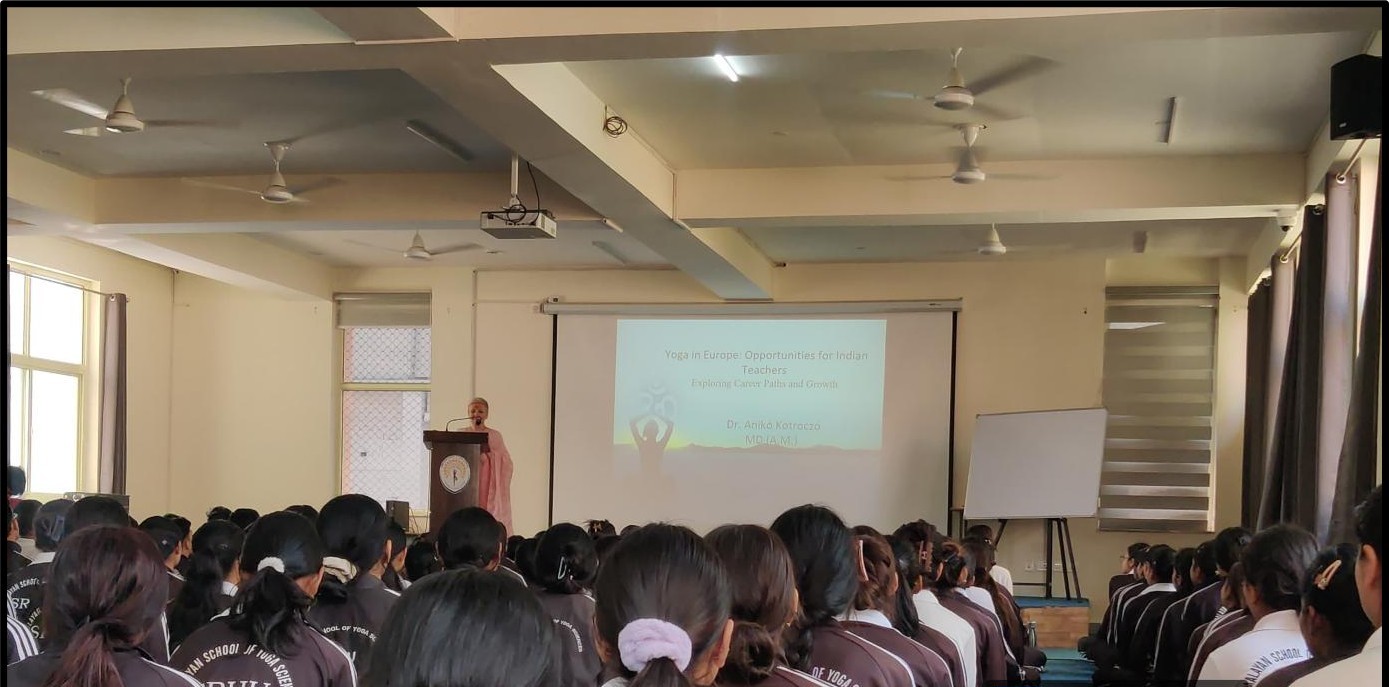Published on: April 30, 2025
A specialized session on The Importance of Ethical Medical Practices in Managing Non-Communicable Diseases (NCDs) was held on April 28, 2025, focusing on the vital role of ethics in the care of patients with chronic conditions such as diabetes, cardiovascular disease, and cancer. With the growing global burden of NCDs, the session emphasized that long-term, patient-centered care must be grounded in ethical principles to ensure compassionate, effective, and equitable health outcomes.
The session underscored key ethical values such as informed consent, patient autonomy, confidentiality, and fairness in access to care. These principles are foundational for building trust between healthcare providers and patients, fostering better treatment adherence, and ensuring dignity in care. It also highlighted how transparency and respectful communication contribute to improved decision-making and satisfaction in long-term care management. The session addressed both clinical and policy-level implications, encouraging future professionals to embed ethics into everyday healthcare practice.
Attended by 63 students from the M.Sc. Yoga Sciences and B.Sc. Yoga Science and Holistic Health programs, the session engaged participants in thought-provoking discussions and real-world case reflections. Students gained a deeper understanding of the ethical challenges and responsibilities involved in managing chronic diseases, particularly in diverse and underserved populations. They were encouraged to consider the human aspect of healthcare, recognizing how ethical practice not only improves individual outcomes but also contributes to reducing broader health disparities.
Overall, the session served as an important platform for fostering ethical awareness among aspiring healthcare professionals. It reinforced the message that clinical competence must be accompanied by ethical integrity to create a truly patient-centered healthcare system. By cultivating respect, empathy, and fairness in medical practice, the session contributed to shaping future practitioners who are equipped to deliver holistic and morally responsible care in the face of rising non-communicable diseases.



